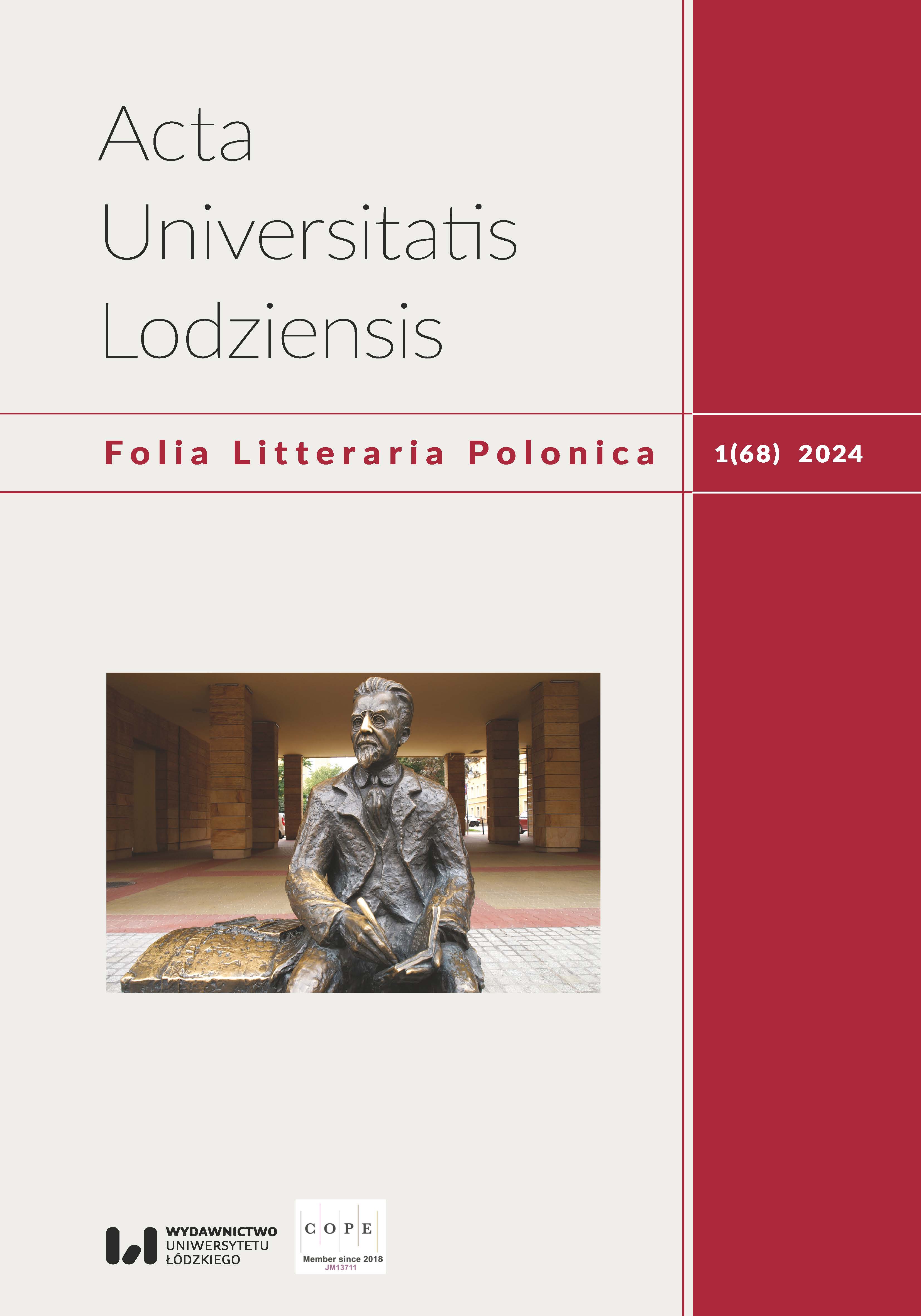Łódź – literackie reprezentacje miasta w twórczości niemieckojęzycznych pisarzy na początku XX wieku
Lodz – literary representations of the city in the works of German-speaking writers at the beginning of the 20th century
Author(s): Monika KucnerSubject(s): Language and Literature Studies, Literary Texts, German Literature
Published by: Wydawnictwo Uniwersytetu Łódzkiego
Keywords: Lodz; literature; urban space; city; industry; multiculturalism; German minority; city imagery; German-language literature; column; novel; poetry; short story; dramatic works
Summary/Abstract: The aim of this article is to demonstrate how German-speaking writers from Lodz in the early 20th century depicted the city in their works, particularly its urban space. The author assumes that literary representations of the city are strongly conditioned by its industrial development and reflect the socio-cultural complexity of the region, which at the turn of the 19th and 20th centuries was a melting pot of cultures, religions, and languages. The article employs critical literary analysis, textual analysis, historical-literary methods, and archival research to gain a deeper understanding of the socio-historical context. The research shows that the dynamic industrial changes and multiculturalism of the city significantly influenced literary creation. Although the German-speaking literary environment was less developed than the Polish or Jewish ones, it significantly contributed to the portrayal of Lodz as primarily an industrial space. The image of the city presented in the literature of German-speaking residents of Lodz is diverse. It often refers to the motifs known from Polish, Russian, and Jewish literature of the period: Lodz as a promised land, a bad city, a city without moral principles, a city-monster. German-speaking writers, like Yiddish and Polish-speaking authors, often referred to similar elements of urban space and motifs, reflecting their life experiences and observations. German-speaking authors presented Lodz as a city of contrasts and conflicts, marked by industrial development yet a place of complex social challenges. Their works, although not always of high artistic quality, are a valuable testimony of the era and show how literature can reflect and interpret the realities of urban life in a historical and cultural context.
Journal: Acta Universitatis Lodziensis. Folia Litteraria Polonica
- Issue Year: 68/2024
- Issue No: 1
- Page Range: 107-125
- Page Count: 19
- Language: Polish

